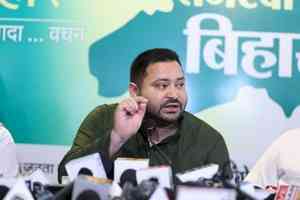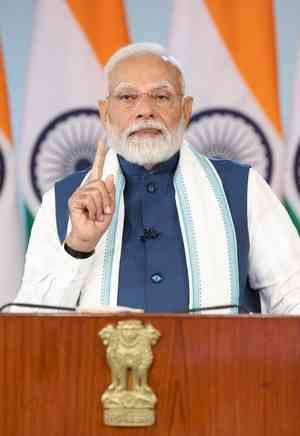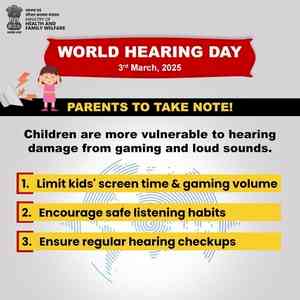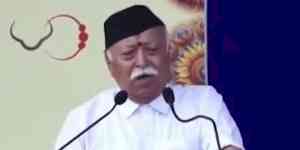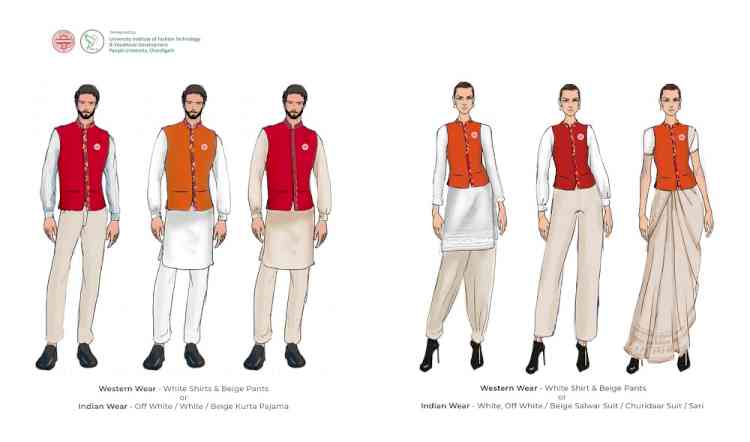Aaditya Thackeray, MCGM inaugurate material recovery facility in partnership with UNDP and HUL
The Swachhta Kendras are Material Recovery Facility where dry waste is collected, segregated, and recovered before it is sent to recyclers
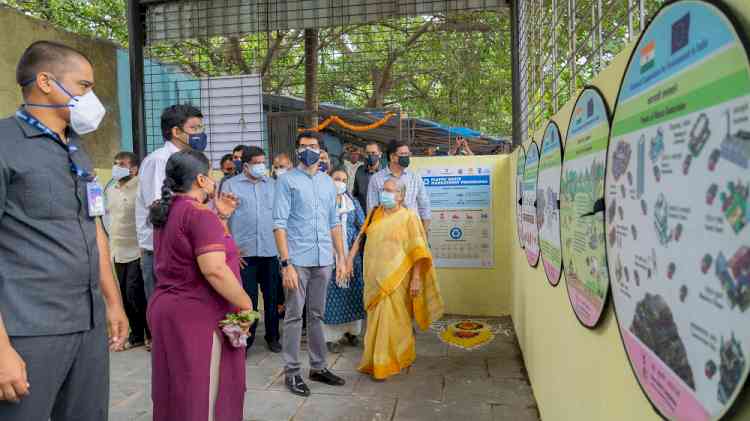
Mumbai: This World Environment Day, Maharashtra's Tourism and Environment Minister Aaditya Thackeray, along with Municipal Corporation of Greater Mumbai (MCGM), inaugurated its fourth Swachhta Kendra in Worli (G-South ward), Mumbai in partnership with United Nations Development Programme (UNDP) and Hindustan Unilever Limited (HUL).
The Swachhta Kendras are Material Recovery Facility where dry waste is collected, segregated, and recovered before it is sent to recyclers. The G-South ward Swachhta Kendra aims to manage waste from 100,000 households, recover 8,000 MT of plastic waste over four years. The technology-powered waste material recovery model will enhance segregation, collection, and recycling of all kinds of plastic waste along the value chain, creating resource efficiency and supporting a circular economy.
Three similar Swachhta Kendra are already operational and have benefited more than 50,000 households across three wards of Mumbai – K-East (Andheri East), H-West (Bandra West), and R-North (Dahisar)
"We need to set up mechanisms and technology to fight pollution and garbage efficiently. Solid waste management is critical to deal with the exacerbating plastic waste crisis. The launch of Swachhta Kendra reflects our government's commitment to these issues. The center will also provide our waste collectors (Safai Sathis) to earn better livelihoods and thrive. The model has the potential to address Maharashtra's plastic waste problems uniquely," said Mr Aaditya Thackeray, Minister Tourism and Environment, Government of Maharashtra.
The Swachhta Kendra is part of UNDP's plastic waste management programme in partnership with HUL. So far, the programme has helped collect and segregate nearly 4,000 tonnes of plastic waste in Mumbai.
Through the programme, UNDP and HUL are also ensuring the wellbeing and financial inclusion of Safai Sathis. Over, 800 Safai Sathis have been on-boarded as part of this initiative across the three Swachhta Kendras. The project is aligned with the Government of India's Swachh Bharat (Clean India) Mission, Solid Waste Management Rules 2016, and Plastic Waste Management (Amendment) Rules 2018.
“Our vision is one where key stakeholders work together to ensure the problem of plastic waste is systematically and efficiently addressed. The HUL-UNDP-MCGM material recovery facility or Swachhta Kendra, is an easily replicable model and the right step towards keeping plastic waste in the economy and out of the environment,” said HUL Chairman and Managing Director, Mr Sanjiv Mehta.
HUL is committed to accelerating a transition to a circular economy, moving from the linear take-make-dispose model to a regenerative approach, which keeps materials at their highest value for as long as possible. The Company had recently announced that from 2021 onwards it will collect and process more plastic packaging waste than the plastic packaging used by it. It will enable environment friendly disposal of over 1 lakh tons of post-consumer plastic waste through collection from all the states and Union Territories.
UNDP's plastic waste management programme is currently operational in 35 cities, with 22 Material Recovery Centres (Swachhta Kendras) established in partnership with Corporates for sustainable waste management practices. The plastic collected and processed so far has already crossed 76,000 metric tonnes. The project has reached out to 7,000 Safai Sathis to institutionalize workers from the informal sector through these centers.
"This unique initiative promotes the collection, separation, and recycling of all types of plastic waste to protect our environment and create a circular economy for plastics. The initiative collaborates between Urban Local Bodies, the private sector, civil society, citizens, and most importantly, Safai Saathis. It demonstrates the power of partnerships in creating a sustainable waste management model that is being replicated across India. Together with our implementing partner Stree Mukti Sangathana, we are committed to reducing the impact of plastic waste on the environment in India," said Ms Nadia Rasheed, Deputy Resident Representative, UNDP.



 cityairnews
cityairnews 
